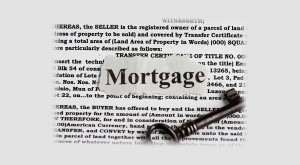
February 27, 2014
FHA Loan Rules: A Reader Question About Earnest Money
A reader asks, “A buyer made an application for a FHA loan to purchase a property. The buyer was not able to obtain FHA loan approval by close of escrow and rather than to cancel the contract and receive the earnest money back the buyer and seller agreed in writing to extend the contract’s close of escrow provided the earnest money become unrefundable if the buyer could not close escrow for any reason.” “The buyer was not approved for FHA financing and cancelled the contract yet is claiming FHA overrides the written contract and FHA states the earnest money must be returned to the buyer when the buyer is denied aFHA loan. Does FHA have some sort of rule or authority over a legal contract between buyers and sellers for | more...







